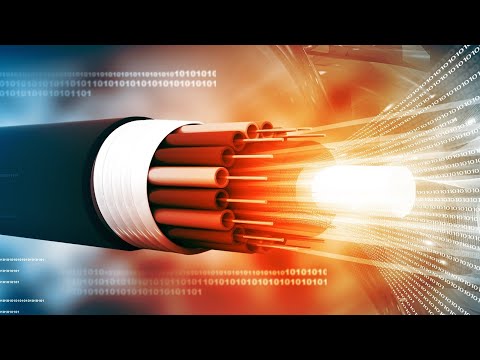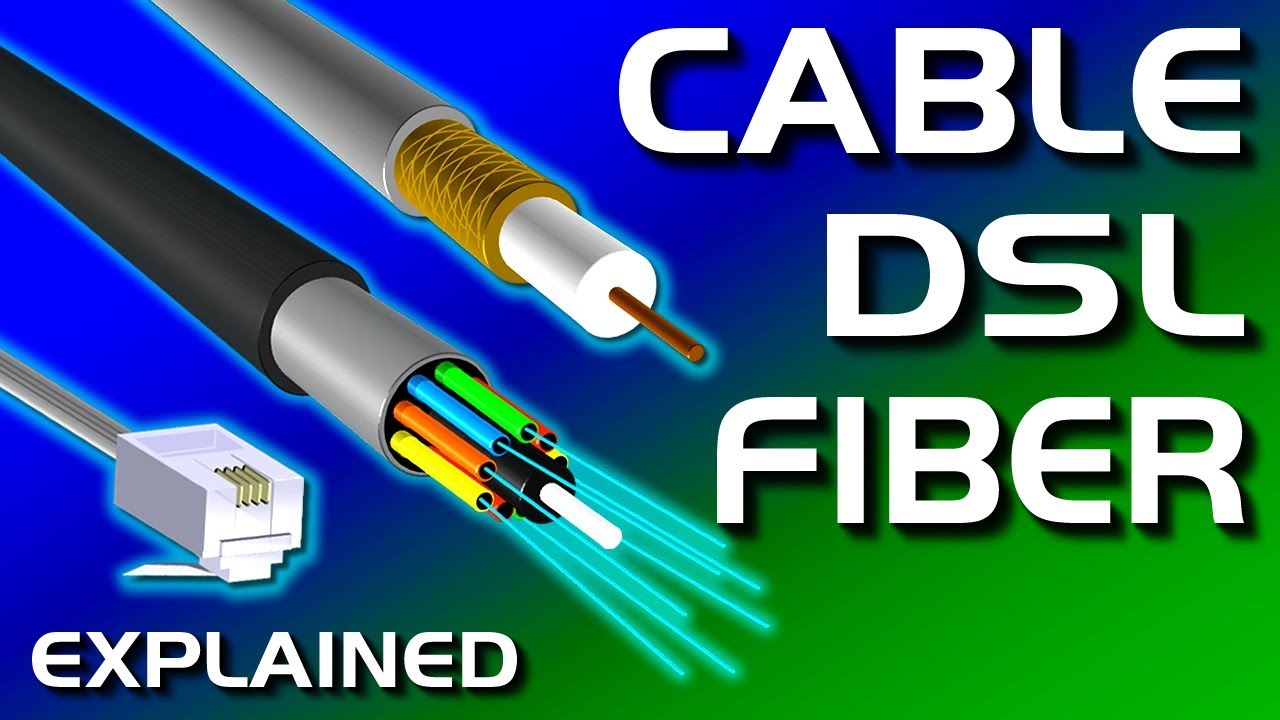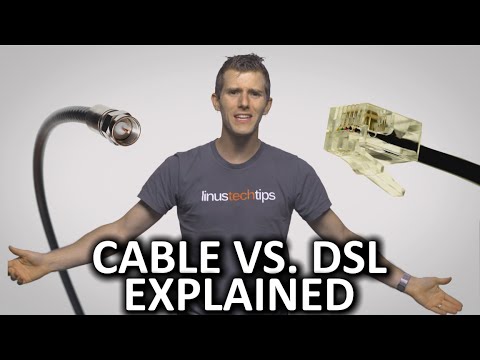DSL • April 23RD 2023
DSL Services in Arizona: Your Guide to Finding the Best Broadband Options
Living in Arizona, the internet has become a major part of our everyday lives. We use it to catch up with the news, stay connected with our friends and family, get some work done, and even watch the latest movies and series. Given the importance of the internet, it's essential to find the best broadband options that cater to your internet needs effectively.
Fortunately, Arizona is a state with numerous broadband options available, such as digital subscriber line (DSL) services. In this in-depth article, we'll introduce you to DSL services in Arizona, highlight their benefits, and compare them with other broadband options, including HDTV, phone, and streaming services before outlining the largest cities in Arizona that offer broadband services.
Introduction to DSL Services
DSL is a popular broadband internet connection option that utilizes an existing telephone line to connect your home to the internet. This means that you can make a phone call while surfing the web simultaneously. DSL typically offers a faster and more reliable connection than dial-up internet but is still significantly slower than fiber-optic connections.
Benefits of DSL Services
There are numerous benefits to utilizing DSL services for your internet needs in Arizona:
- Speed: DSL speeds can reach up to 25 megabits per second, allowing for fast downloading, uploading, and web surfing.
- Availability: Unlike fiber-optic connections, DSL internet is available in many neighborhoods and remote areas throughout Arizona.
- Cost: DSL services are relatively affordable compared to other broadband options.
- Flexibility: DSL services allow users to choose different plans based on their internet needs.
- No Data Caps: Most DSL services don't have data caps or limitations, allowing users to download and upload as much data as they want without any extra charges.
- Security: DSL services often offer reliable security features such as firewalls, spam filters, and antivirus programs.
DSL vs. Other Broadband Options
DSL services aren't the only broadband options available in Arizona. Other options include satellite internet, cable internet, fiber-optic internet, and mobile broadband. We'll outline them below and compare their features to DSL internet:
Satellite Internet
Satellite internet is an option for Arizona residents living in remote and rural areas. It is a wireless connection that utilizes a satellite dish to communicate with a satellite in orbit. The downside to satellite internet is that it can be affected by weather, and it has higher latency, making it not suitable for time-sensitive internet activities such as online gaming and video conferencing.
Cable Internet
Another broadband option available in Arizona is cable internet. Cable internet uses the coaxial cables that typically provide cable television. It offers faster download speeds than DSL, but the upload speeds are often slower. Cable internet services are often more expensive than DSL services.
Fiber-Optic Internet
Fiber-optic internet is the fastest broadband option available in Arizona, offering download speeds of up to 1000 megabits per second. Fiber-optic internet is reliable and offers symmetrical download and upload speeds, but it is only available in select areas in Arizona.
Mobile Broadband
Mobile broadband is a wireless broadband option that utilizes cellular networks to connect to the internet. Mobile broadband is often used as a backup internet connection, and it's not a reliable option for long-term internet use.
HDTV, Phone, and Streaming Services
Many broadband providers in Arizona offer bundled services, including HDTV, phone, and streaming services. Bundled services are often cheaper than paying for each service separately. HDTV services provide users with a vast selection of channels and on-demand programming, while phone services offer landline telephone services with features such as caller ID and voicemail. Streaming services like Netflix, Hulu, and Amazon Prime Video allow users to watch their favorite movies and TV shows online.
Largest Cities in Arizona that offer Broadband Services
The largest cities in Arizona that offer broadband internet services include:
- Phoenix
- Tucson
- Mesa
- Chandler
- Glendale
- Scottsdale
- Gilbert
- Tempe
- Peoria
- Yuma
6 Reasons to Choose Broadband Services including HDTV
- Faster Download Speeds: Broadband services offer faster download speeds that allow you to download large files, stream video content, and browse the web quickly.
- More Reliable Connection: Broadband services are often more reliable than traditional dial-up connections, and they don't tie up your phone line whilst surfing.
- Lower Latency: Broadband services offer lower latency, which makes online gaming and video conferencing smoother.
- Cost-Effective: Broadband services are often more affordable than traditional dial-up connections.
- Increased Productivity: Broadband services allow employees to increase their productivity by working from home effectively.
- More Entertainment Options: Broadband services offer more entertainment options such as HDTV, phone services and streaming services, providing additional entertainment and leisure options.
Remote and Rural Areas
Remote and rural areas in Arizona may not be able to access DSL, cable, or fiber-optic internet services. The best option for these areas is satellite internet or DSL services, although this may not be a reliable option depending on your location.
In conclusion, DSL services are an excellent option for those looking for a reliable and cost-effective broadband connection in Arizona. However, we encourage readers to explore other broadband options to find the one that suits their needs best. Remember, broadband services are crucial in today's digital age, and they provide users with a vast range of options to browse and connect with the world around them.








